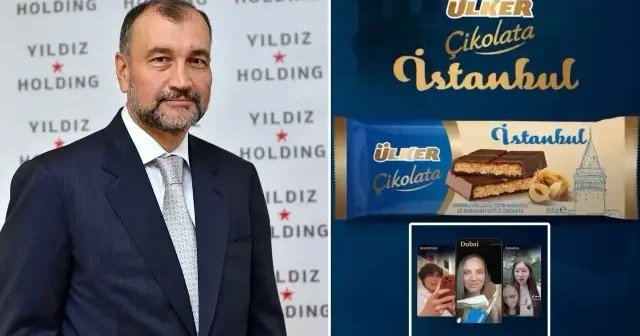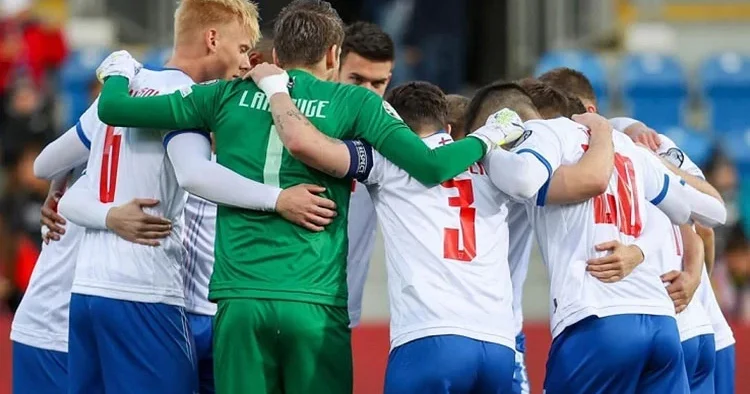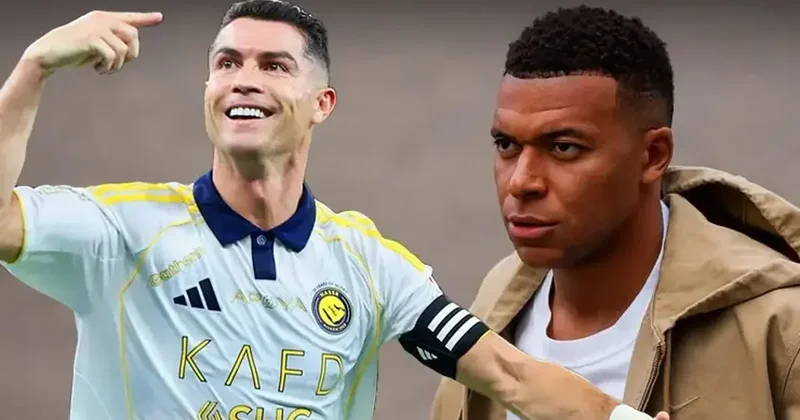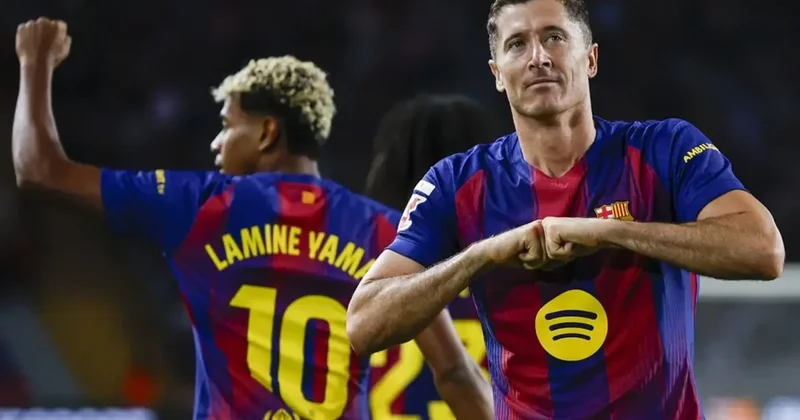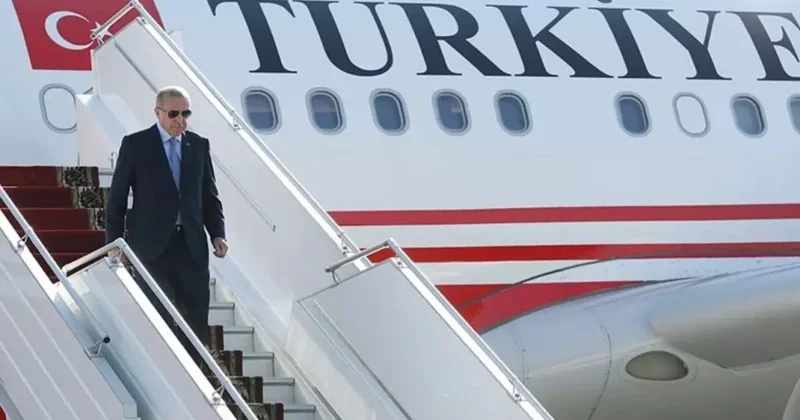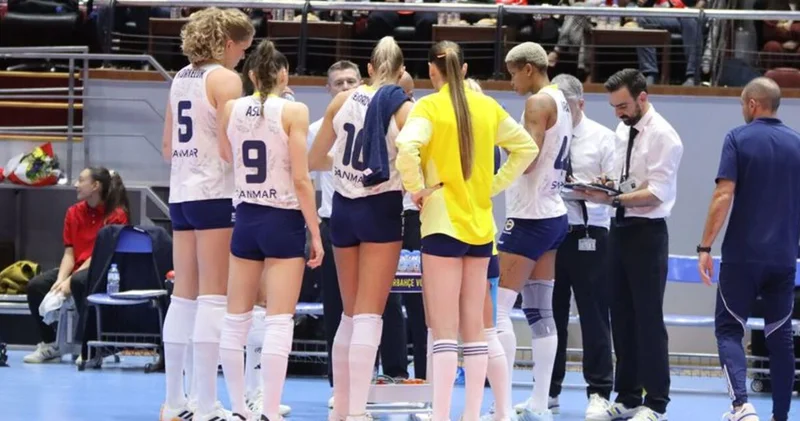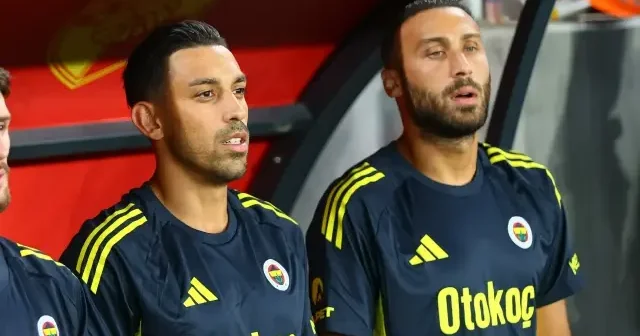What made Red Bull sack Horner: Allegations, Verstappen detail and more...
SonTurkHaber.com, Fanatik kaynağından alınan verilere dayanarak bilgi yayımlıyor.
The world of Formula 1 was left in a state of collective shock and speculation following the sudden dismissal of Christian Horner as Red Bull Racing's team principal. After two decades at the helm, the 51-year-old’s immediate removal was confirmed by a Red Bull statement on Wednesday, which conspicuously offered no public reason for his departure. According to Sky Sports F1's Martin Brundle, Horner himself stated he was given "no reason" for his abrupt exit, leaving the F1 paddock buzzing with theories. Horner has been swiftly replaced by Laurent Mekies, promoted from Red Bull's junior squad, Racing Bulls.
While a mid-season dismissal of such a long-serving figure is unprecedented, the turbulent nature of Horner's final 18 months in charge provides ample ground for speculation regarding Red Bull's decision. As the dust begins to settle, several intertwined factors emerge as potential contributors to his dramatic demise.
A troubling downward trend?
Red Bull experienced a record-breaking 2023 season, with Max Verstappen dominating the Drivers' Championship as the team won 21 out of 22 races. They started 2024 strong, securing four victories in the first five rounds. However, a noticeable shift occurred from the Miami Grand Prix in May 2024 onwards, as Ferrari and McLaren began to close the gap. Verstappen's early points cushion proved crucial in him clinging on for his fourth consecutive drivers' title against Lando Norris.
This rollercoaster form has continued into the current season. Red Bull now appears to be a clear step behind McLaren, with their deficit to the leaders approaching 300 points at the halfway mark. While Horner has navigated non-winning periods before, this sudden drop in form within the same regulations cycle is highly unusual for F1. While this dip would concern the Red Bull hierarchy, Horner’s recent achievement of overseeing four consecutive drivers' titles suggests that on-track performance alone was likely not the sole catalyst for his removal.
Second seat struggles and team dynamics
Beyond Verstappen's individual brilliance, an ongoing issue for Red Bull has been the performance of their second driver. Sergio Perez was reportedly paid off and dropped at the end of last season, just six months after receiving a contract extension. This year, Horner's decision to promote Liam Lawson over the more experienced Yuki Tsunoda early in the season backfired, with Lawson being demoted just two races later. Tsunoda has since struggled to match the pace of Lawson and his Racing Bulls teammate Isack Hadjar.
This struggle with the second seat is not new for Red Bull. Former drivers like Pierre Gasly and Alex Albon, both now established F1 talents, were quickly moved on in 2019 and 2020 after failing to match Verstappen's pace. However, the performance gap between Red Bull's two cars this season has been more extreme than ever. Whether this indicates poor driver selection or a fundamental issue with designing a car too challenging for anyone other than Verstappen, neither scenario reflects positively on Horner's leadership.
The "Verstappen or Horner" conundrum
Red Bull's increasing reliance on Max Verstappen has undoubtedly given him and his advisors immense power. While Horner's relationship with the younger Verstappen seemed solid, his relationship with Max's father, Jos Verstappen, was far from it. Their public feud in early 2024 saw Jos publicly calling for Horner's departure, and despite an apparent calm, a complete repair of the relationship seemed unlikely. Max Verstappen has consistently shown unwavering loyalty and trust in his father.
Adding to this dynamic, recent weeks have seen widespread speculation about Max Verstappen's future, fueled by Mercedes boss Toto Wolff's confirmation of "conversations" with Verstappen's camp. A prevailing theory suggests that with the team more reliant on Verstappen than ever, his camp may have leveraged their influence to pressure Red Bull's owners into removing Horner, hinting that a change at the top could increase Max's likelihood of staying. Verstappen is contracted until 2028, but his deal is known to contain release clauses, and he has recently avoided committing his long-term future to the team.
Lingering allegations and high-profile departures
Horner's authority was significantly tested in February 2024 when allegations of inappropriate behavior were made against him by a female colleague. Although he denied the accusations and was cleared by an internal Red Bull investigation, followed by a dismissed appeal, the scandal undoubtedly impacted his standing. This period also coincided with the escalation of his feud with Jos Verstappen.
Sky Sports News' Craig Slater revealed that Red Bull co-owner Chalerm Yoovidhya, who had previously supported Horner through these investigations, eventually withdrew his backing. This shift in support from a key figure in the ownership structure was likely a critical factor.
Furthermore, Horner's final 18 months saw several high-profile departures from Red Bull, raising questions about internal stability. The most significant was legendary F1 designer Adrian Newey, who had been with Horner almost since the beginning. A deteriorating relationship between the two, reportedly influenced by the allegations against Horner, led to Newey's departure to Aston Martin in May 2024. Before Newey, chief designer Rob Marshall left for McLaren in 2023, a move that gained particular irony given McLaren's recent resurgence. Most recently, sporting director Jonathan Wheatley also departed to Sauber. The exodus of three stalwarts in such a short period, particularly amidst a dip in results, painted a challenging picture for Horner.
Power struggle and 2026 engine concerns
Beyond external factors, significant changes within Red Bull's corporate structure following the death of co-founder Dietrich Mateschitz in October 2022 created an apparent power struggle. Horner found himself at the center of this, with the backing of Thailand's Yoovidhya, but not Mark Mateschitz, Dietrich's son, who owns 49% of the business. Oliver Mintzlaff, Red Bull's head of sport, also gained prominence, and it was Mintzlaff who formally thanked Horner in the sacking statement. Sky Sports F1's Ted Kravitz suggested, "It seems to be the Austrian side of the business, backed by Jos Verstappen, has won the power struggle."
Finally, speculation has circulated in the F1 paddock that Red Bull's new engine division, Red Bull Powertrains, might be struggling with development for the significant 2026 regulation changes. While unconfirmed, any concerns from Red Bull's leadership regarding this crucial project could have influenced their overall perception of Horner's effectiveness. The true state of the powertrains project will only become clear during 2026 pre-season testing.
The confluence of these factors paints a complex picture behind Christian Horner's unexpected and sudden departure from the team he built into a Formula 1 powerhouse.
 Bu konudaki diğer haberler:
Bu konudaki diğer haberler: Görüntülenme:152
Görüntülenme:152 Bu haber kaynaktan arşivlenmiştir 10 Temmuz 2025 15:48 kaynağından arşivlendi
Bu haber kaynaktan arşivlenmiştir 10 Temmuz 2025 15:48 kaynağından arşivlendi



 Giriş yap
Giriş yap
 Haberler
Haberler Hava durumu
Hava durumu Manyetik fırtınalar
Manyetik fırtınalar Namaz vakti
Namaz vakti Değerli metaller
Değerli metaller Döviz çevirici
Döviz çevirici Kredi hesaplayıcı
Kredi hesaplayıcı Kripto para
Kripto para Burçlar
Burçlar Soru - Cevap
Soru - Cevap İnternet hızını test et
İnternet hızını test et Türkiye Radyosu
Türkiye Radyosu Türkiye televizyonu
Türkiye televizyonu Hakkımızda
Hakkımızda



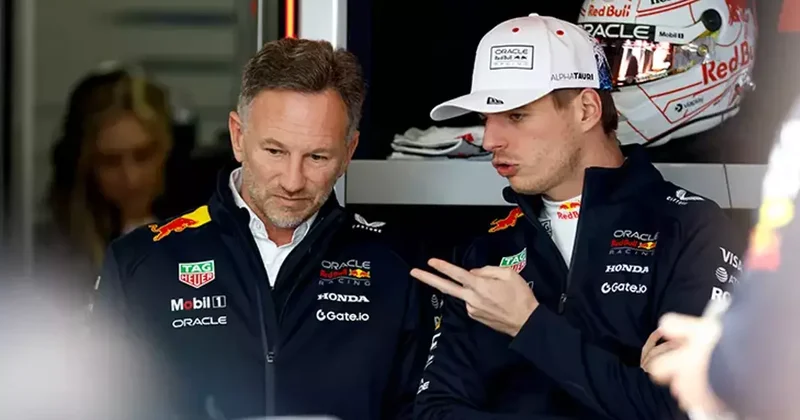







 En çok okunanlar
En çok okunanlar








